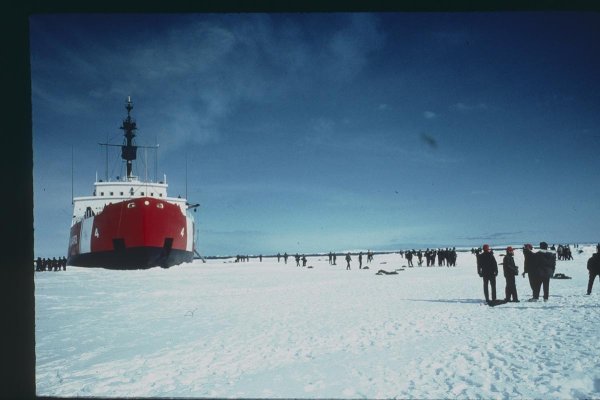Eastsounder
Veteran Member
I did quote the company's website and perhaps didn't make that clear enough. The bit I quoted just seemed like a reasonable and concise explanation for why they're doing what they're doing, and I guess I was too lazy to paraphrase.
Everything I know about this outfit is based on spending about 30 minutes, total, poking around on their website and playing with their iOS app. I didn't mean to sound promotional. I was trying to inject additional information and perspective in replying to posts that seemed to me to be perfunctorily dismissive.
Everything I know about this outfit is based on spending about 30 minutes, total, poking around on their website and playing with their iOS app. I didn't mean to sound promotional. I was trying to inject additional information and perspective in replying to posts that seemed to me to be perfunctorily dismissive.






